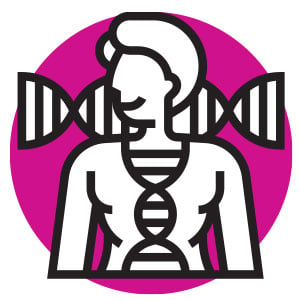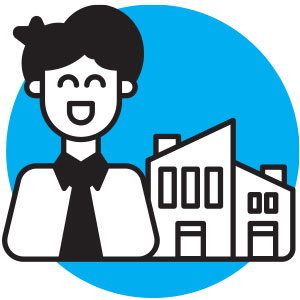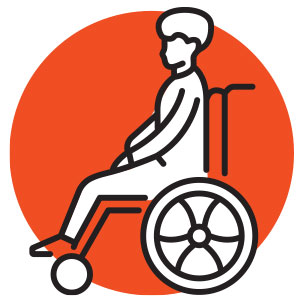When you’re a younger sibling, it’s pretty common for your older sibling to look after you. In my situation, it’s usually the reverse. One of my early memories is of being on a family vacation when I was 7 years old and my brother Max was 9. Max and I were at the kids’ club, and he wanted to meet some of the boys his age.
But I had to introduce him because he couldn’t speak clearly enough to do it himself. That’s because Max has a condition called cerebral palsy (CP). Over the years, there have been many situations where I’ve had to speak up for Max. Now it’s second nature to me.
My name is Sabrina, and I have a brother with special needs. I’m 17, and Max is 19. (I also have a 6-year-old brother, Ben, who doesn’t have a disability.) Having a brother with a disability means some parts of our relationship are unique. But mostly our lives are pretty normal. Want to know more about life with Max? Read on.



